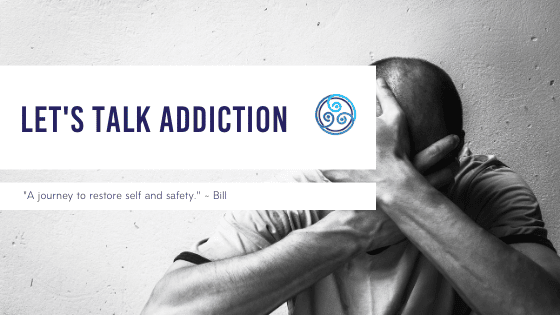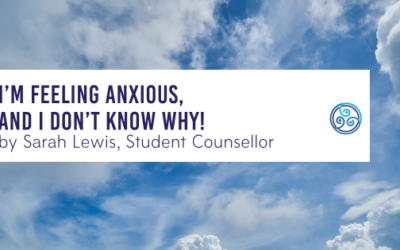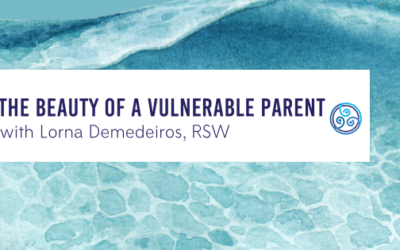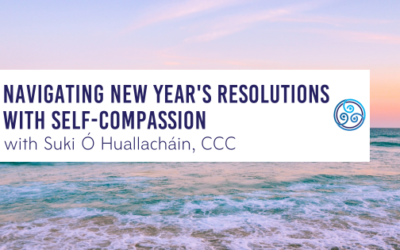The physical aspects of addiction are absolutely real but usually less complicated. In my experience, even the most extreme cases of withdrawals I have seen the last two- or three-weeks following abstinence. There are various programs to respond to the physical withdrawal symptoms, but once the addiction is taken away (in this case substances), what is there to replace it? A vacuum is created all over again, not much has really changed, other than someone’s only coping skill and pain-reliever has been taken away from them.
Much like the gender disparity in looking for help in general, many decide to not look for addictions support because the fear of the social stigma and shame associated with addiction is too great. With that in mind, I work to build a connection with someone first and foremost, celebrate them for finding the strength to take arguably the hardest step, reaching out. Fear drives ostracism and punishment, so I am honoured to accompany someone in taking a fearless look at what addiction truly means to them and the barriers they see in their way. I work with someone to develop different coping skills to find relief in a way they can feel good about, and then, from a place of stability and strength, explore what is causing such pain and driving the need for a painkiller.
To make a long story short, I try to let someone be exactly who they are, respecting their resilience in the face of the trauma they have lived with, and working with them to understand how to replace what was taken from them, their sense of safety.
~ Bill



